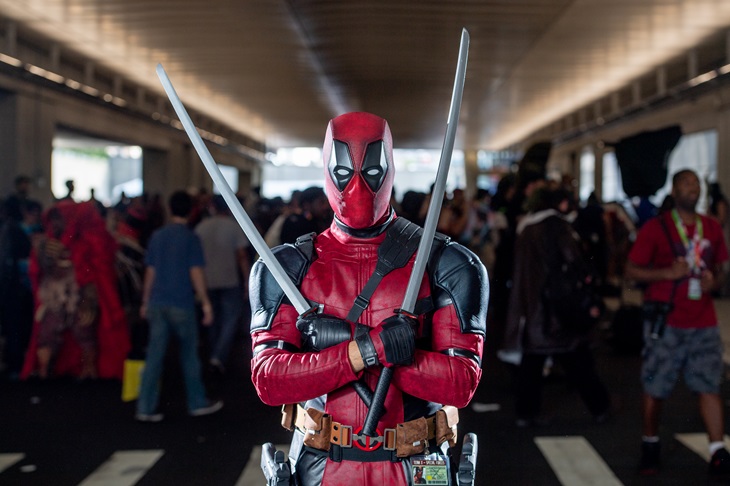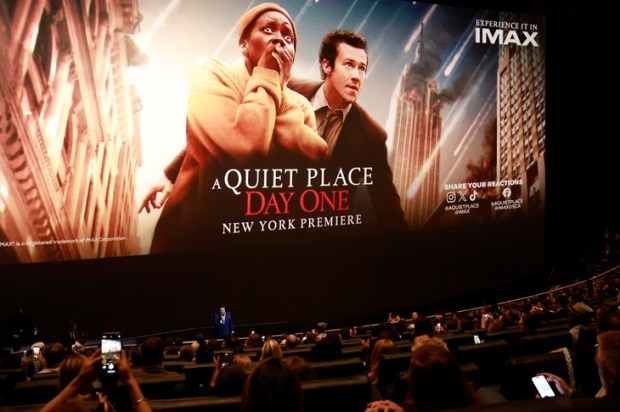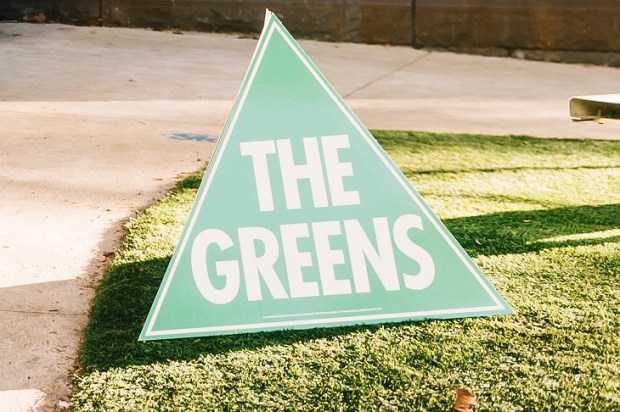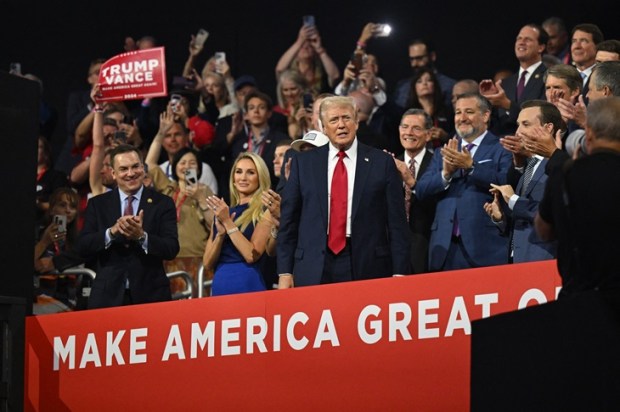With the possibility of countless spin-offs and sequels, superhero movies are typically a licence to print money. Think about Marvel Studios. Since Iron Man made its theatrical debut in 2008, the Marvel Cinematic Universe (MCU) franchise has released more than 30 films. In an environment that is bloated and, let’s face it, creatively dull, it takes something special to stand out. Deadpool was
Already a subscriber? Log in
Subscribe for just $2 a week
Try a month of The Spectator Australia absolutely free and without commitment. Not only that but – if you choose to continue – you’ll pay just $2 a week for your first year.
- Unlimited access to spectator.com.au and app
- The weekly edition on the Spectator Australia app
- Spectator podcasts and newsletters
- Full access to spectator.co.uk
Or


























Comments
Don't miss out
Join the conversation with other Spectator Australia readers. Subscribe to leave a comment.
SUBSCRIBEAlready a subscriber? Log in